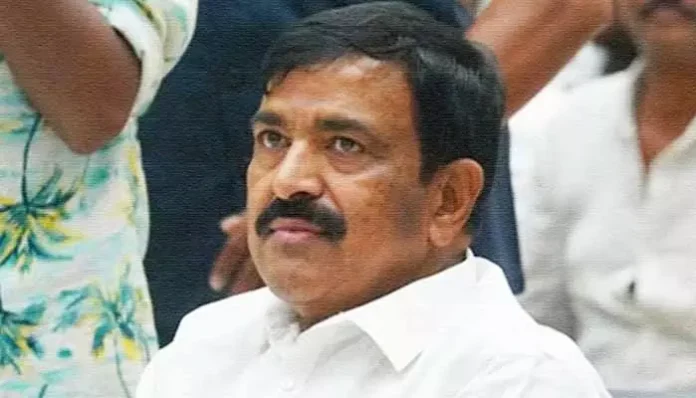Authorities have laid siege to the shrimp factory in Lampakalowa, owned by former YSRCP MLA Dwarampudi Chandrasekhar Reddy. It was found that there were serious violations of pollution norms from that factory. The polluted wastewater from the shrimp process is being released directly outside without being treated.
The PCB is being deceived by fraudulent calculations on the pollution of the factories. An ice plant is being operated inside without permission. They have been deceived by showing that there is no green belt. The authorities found these violations during inspections and seized the factory.
Meanwhile, major violations also have been revealed in the second shrimp processing company owned by him. The Pollution Control Board (PCB) has found that pollution norms are being violated at every step in the factory operating in Lampakalowa, Prathipadu mandal. Even after spending three months to rectify these, it is not insurmountable. With this, the authorities have seized the factory.
Dwarampudi, who is very close to former chief minister YS Jaganmohan Reddy, has two shrimp companies in Kakinada district under the name Veerabhadra Exports. One of these is in Gurajanapalli, Karapa mandal near Kakinada. It was recently seized by the PCB after it was found to have violated serious pollution norms.
On July 11, the authorities also found serious pollution violations in another company in Lampakalova, Prathipadu mandal. The company has not installed a real-time pollution monitoring system (RTPMS). Instead of installing a sewage treatment plant, it is discharging wastewater directly into the crop canals outside.
When the Effluent Treatment Plant (ETP) logbook was checked in July, it was found that the company was using 2,059 units of electricity per day, which was 200 to 400 units short of the 2,059 units it was supposed to use, and this was due to the lack of use of the ETP system. It was found that an ice plant with a capacity of 20 TPD was being operated without permission.
The pipeline that discharges wastewater was damaged in several places. An examination of the seven types of wastewater being released by the company revealed that it was not being treated as per PCB standards. It was revealed that the waste generated as part of shrimp processing was to be given to the disposal company, but very little was handed over, and the rest was being discharged illegally.

